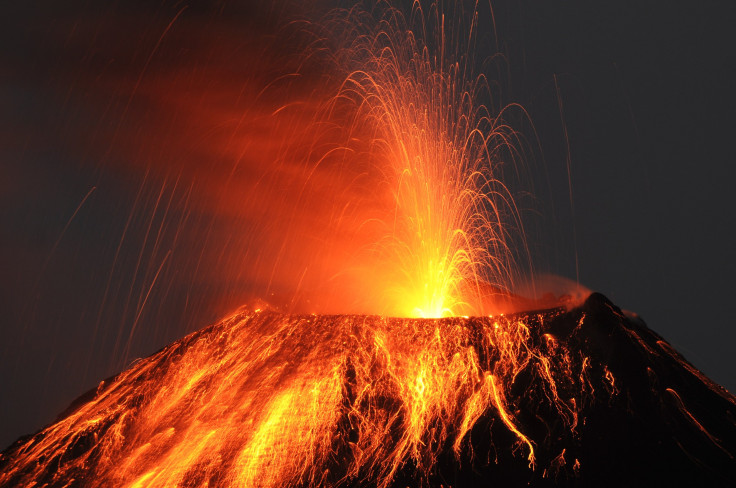Will Yellowstone Super-Volcano Erupt? Millions Could Be Killed During ‘Volcano Season,’ Scientists Warn

Volcanic eruptions have occurred at their highest rate in 300 years, and experts caution that there could be a massive "super-volcano" with the potential to kill millions and destroy substantial amounts of wildlife. Scientists at the European Science Foundation said super-volcanoes could erupt within the next 80 years, reported the Tech Times.
Researchers said the active volcanoes that could prove to be the most dangerous are Yellowstone in Wyoming, Mount Vesuvius in Campagnia, Italy, and Popocatépetl near Mexico City. If any of the three erupt, the damage would be "beyond the imagination of anything man’s activity and global warming could do over 1,000 years," according to the researchers.
In the report, titled "Extreme Geo-hazards: Reducing the Disaster Risk and Increasing Resilience,” scientists predict that the Yellowstone volcano will erupt within 70 years and will have the potential to wipe out a considerable amount of the western United States. The report urges the government to prepare for such events.
Researchers say the heightened volcanic activity means that this is a "volcano season."
"Although in the last few decades earthquakes have been the main cause of fatalities and damage, the main global risk is large volcanic eruptions that are less frequent but far more impactful than the largest earthquakes," the report said. “Due to their far-reaching effects on climate, food security, transportation and supply chains, these events have the potential to trigger global disaster and catastrophe. The cost of response and the ability to respond to these events is beyond the financial and political capabilities of any individual country.”
© Copyright IBTimes 2025. All rights reserved.




















